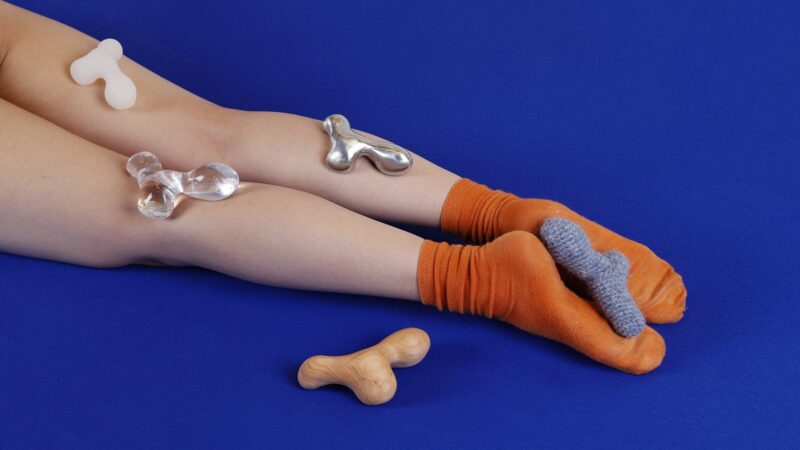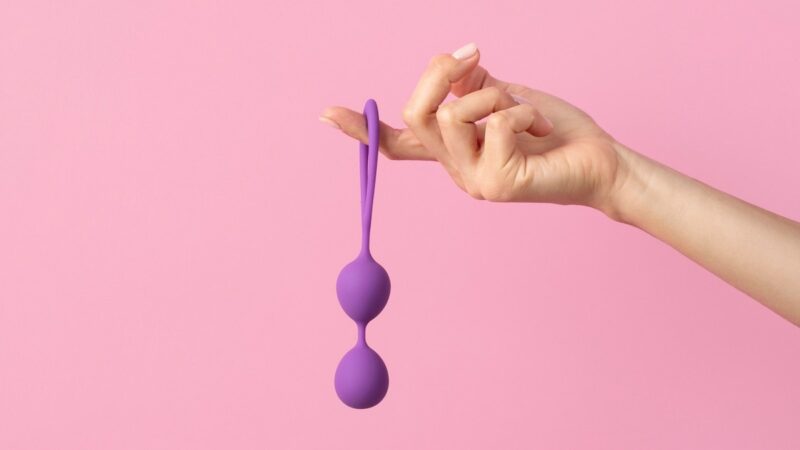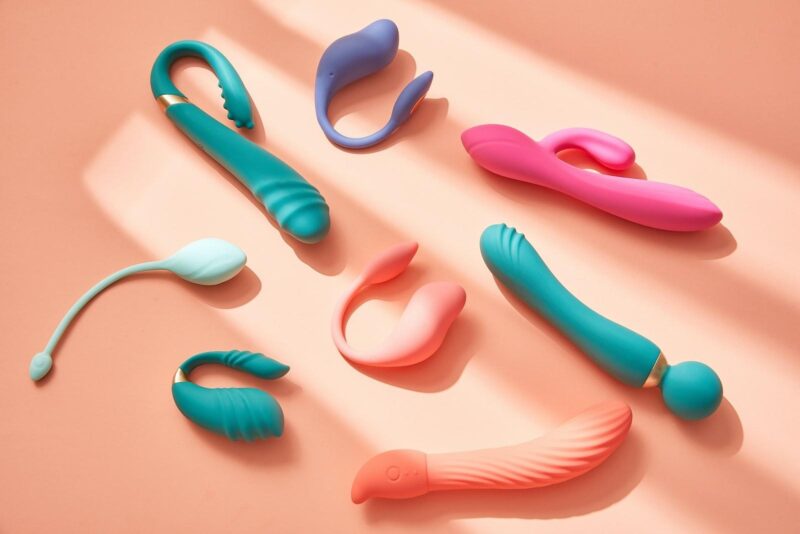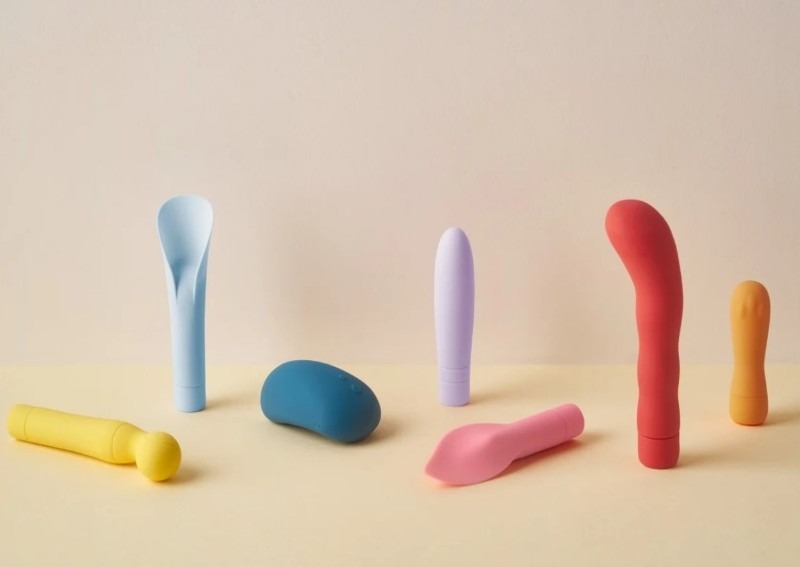Women are talking about pleasure more than ever. Not behind closed doors, but in podcasts, group chats, and wellness spaces. Adult toys are no longer taboo in every circle—but that doesn’t mean every woman feels free.
Some embrace the shift. Others still hesitate. Shame, judgment, and relationship dynamics all play a role.
So what changed, what hasn’t, and why do some women feel more open while others stay silent?
That’s where the real story starts.
Key Highlights:
- Female conversations about intimacy have shifted dramatically in recent years.
- Cultural shame still impacts how women explore their sexual needs.
- Media, feminism, and education influence how women talk about adult toys.
- Stigma hasn’t vanished, but younger generations are pushing past it.
- Intimacy tools like penis sleeves are gaining more acceptance among women.
- Partner communication still determines how open women really feel.
- True openness isn’t just about talking—it’s about owning desire without guilt.
Why Openness Is No Longer the Exception

Women didn’t suddenly become more sexual. They’ve always had desire. What changed? They finally started talking about it in public. Not just in whispers at brunch or behind closed doors with best friends—but in books, podcasts, group chats, and even in therapy. That kind of shift doesn’t happen randomly.
It comes from decades of work—feminist activism, body autonomy movements, sex education, and personal rebellion against shame. And yet, many women still hesitate to say one honest sentence: I use adult toys and it helps me know myself better.
The fear isn’t irrational. It’s inherited. Cultural conditioning still lingers in every eye roll, every mocking comment, every bad rom-com scene where a vibrator becomes the punchline.
So yes, more women are open. But not all women feel free. That’s where the real conversation begins.
History Always Leaves a Mark
We can’t talk about adult toys without looking at how society treated female desire. Historically, pleasure wasn’t even part of the conversation for women. It was something they were supposed to provide, not experience.
For generations, any solo exploration was labeled dirty or shameful. Vibrators were medical devices before they were pleasure tools. Women didn’t own their sexuality. Their bodies were discussed, but rarely by them.
That legacy created silence. Silence created shame. Shame still affects women today, even those who’ve read all the right books and followed all the empowering influencers.
So when a woman says, I’m curious about trying something new in bed, there’s history behind her hesitation. Openness doesn’t come without resistance.
Influence of Modern Media and Role Models
Media now plays a double role—it both helps and harms.
On one side, women finally see representation. They hear candid discussions about pleasure. They see female characters taking initiative, exploring, choosing their partners, and choosing themselves.
But there’s still backlash. Hypersexualized portrayals aren’t always liberating. Some women feel pressured to perform a certain kind of openness just to fit in. There’s a difference between true confidence and performative sexuality.
Authentic openness means a woman buys what she wants, explores how she wants, and speaks about it without feeling judged. Sometimes that includes experimenting with products like penis sleeves, which can add a new layer of intimacy or curiosity in a relationship.
Education and First Experiences Matter

How a woman first learns about pleasure sets the tone for everything that comes after. Many still grow up in households where sex is taboo or where adult toys are never even mentioned. That early silence becomes the default.
The first exposure might come through friends, partners, or online forums. Some find empowerment. Others find confusion. If shame shows up early, it stays until she rewrites the story.
That’s why adult sex education isn’t just about anatomy. It’s about giving women space to unlearn shame. To choose without fear. To try without needing permission.
And once they do, they often realize: This isn’t about being more sexual. It’s about being more myself.
Generational Differences Shift the Conversation
Younger women talk differently than their mothers and grandmothers. That’s not an opinion—it’s a fact. The data backs it up.
Women in their twenties and early thirties speak more openly about adult toys. They share product recommendations. They attend workshops. They send memes. For them, pleasure is normal. Not secret.
This doesn’t mean older women are silent. Many have found their voice after years of repression. But generational confidence varies.
Older generations often need more encouragement to see adult toys as self-care—not taboo. Younger women don’t ask for approval. They share their Amazon carts without flinching.
That difference matters. It changes how we teach, talk, and support each other.
Stigma Still Exists—Just in New Outfits
Even with progress, not all women feel safe being open.
Many still hear judgments in silence:
- Why do you need a toy? Isn’t your partner enough?
- You’re too young for that.
- You’re too old for that.
- That’s not what “good” women do.
The packaging of shame looks different now. Sometimes it hides behind fake empowerment or subtle judgment. Sometimes it comes from partners. Sometimes from other women.
Openness isn’t always welcomed. And women feel that tension. Every time they consider trying something new, they weigh not just curiosity—but consequences.
That’s why some remain quiet. Not because they lack desire—but because they don’t feel safe expressing it.
Relationship Dynamics Can Amplify or Suppress Openness

A woman’s partner shapes how free she feels. Not just in bed, but in conversation. Some partners celebrate experimentation. Others feel insecure, threatened, or dismissive.
Here’s the truth: no woman wants to feel like she has to ask for permission to know her body.
The healthiest relationships thrive on curiosity, not control. When both partners talk honestly, intimacy deepens. That’s where openness becomes natural.
But if a partner reacts with shame, sarcasm, or mockery, many women retreat. They stop asking. They stop trying. They stop talking.
That silence hurts more than any lack of satisfaction.
Religious and Cultural Upbringing Leaves Residue
No one walks into adulthood untouched by early messages. Religion, family values, and cultural expectations shape how women view sex.
In some circles, pleasure is sin. Toys are seen as unnatural. Even today, many women live under that weight.
They might never say the word “vibrator” out loud. They might hide products in drawers. They might pretend they don’t use anything, even with close friends.
For those women, openness isn’t just about courage. It’s about survival. They choose silence to avoid backlash. Or they slowly carve out safe spaces—online communities, discreet friend circles—where they can finally speak freely.
They aren’t less curious. They just carry heavier stories.
What Real Openness Looks Like
Not every woman wants to post a product review or join a sex-positive podcast. That’s not the point.
Real openness doesn’t need an audience. It looks like:
- Buying what you want without shame.
- Saying yes without guilt—and no without fear.
- Exploring alone or with a partner because it feels right, not because you need to prove something.
It’s private confidence. It’s inner trust. It’s choosing yourself without asking permission.
And that kind of openness changes everything—not just in the bedroom, but in life.
Final Thought: Openness Is Personal, Not Performative

Women don’t need permission to want. They need space to feel safe, seen, and supported. That doesn’t come from more products. It comes from more truth.
Culture is shifting. Stigma is cracking. But every woman defines her own pace. Openness isn’t a trend. It’s a decision. Some make it loudly. Others whisper it in private. Both are valid.
There’s no right way to explore. But there is one rule: don’t wait for the world to approve your pleasure.
You don’t need anyone’s permission to feel whole.

